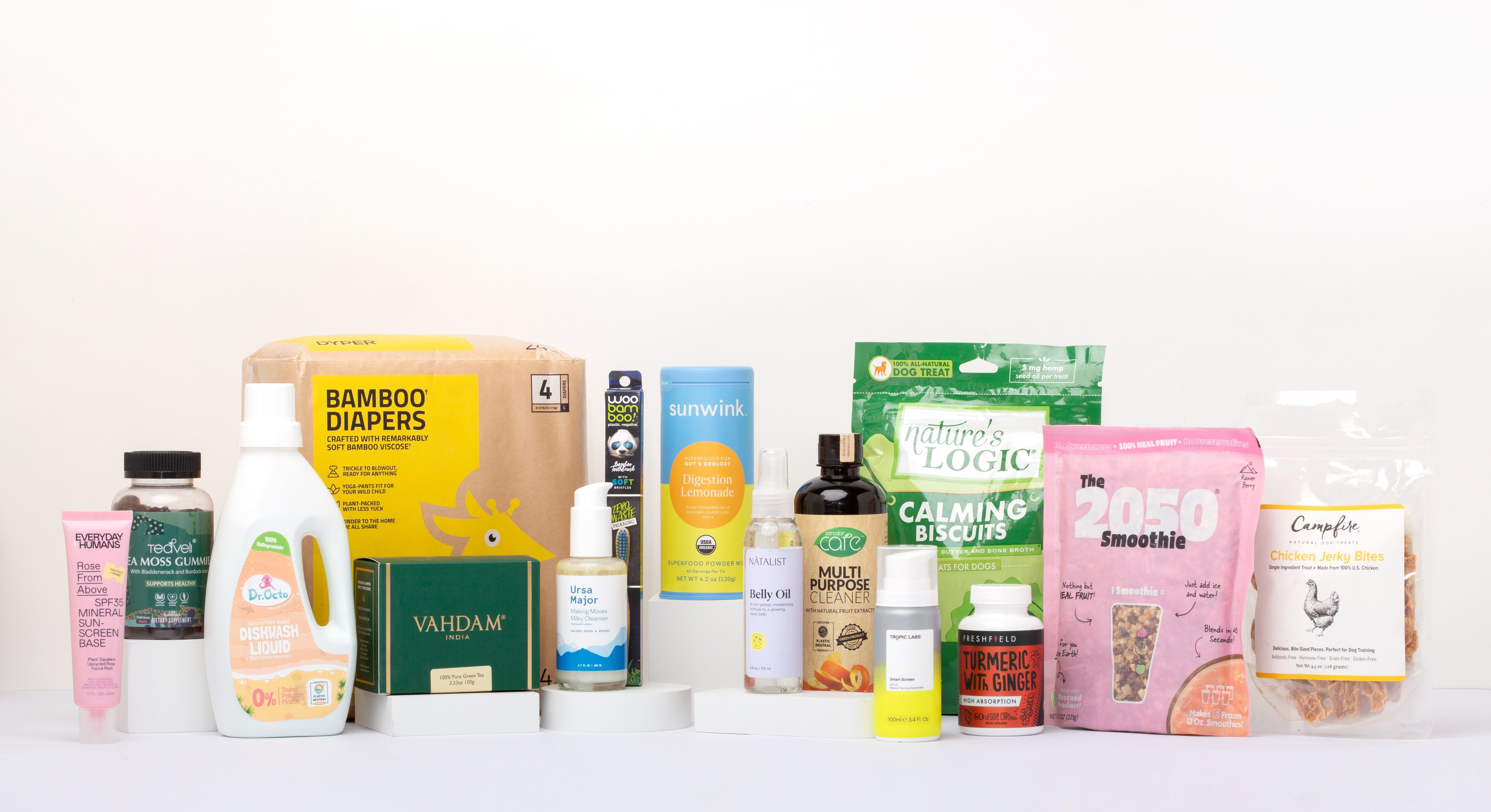Navigating the Plastic Pollution Crisis: Why Reduction and Recovery Matter
Learn why reduction and recovery are both essential to tackling plastic pollution - protecting ecosystems and empowering global communities.
Introduction : The global plastic waste crisis
Our modern world is producing and consuming plastic at an unmanageable and alarming rate. From takeout boxes to product packaging, textiles, appliances, construction, and more - plastic is everywhere. Present infrastructure is insufficient and incapable of keeping up - resulting in tonnes of plastic leakage into our oceans and nature.
The concern with plastic is that we haven’t figured out what to do with it once we’ve finished using it. Plastic waste is set to triple by 2060.
There is significant awareness of the problem, and some efforts are underway to reduce the amount we waste. Yet current government and industry commitments will likely reduce annual plastic leakage into the ocean by only 7% by the year 2040 – the total amount of plastic pollution will continue to climb.
The time for action is now. Consumers are looking for brands that show leadership and take ownership on plastic waste, but at the moment, most brands take an incomplete approach to tackling plastic waste.
By financing Verified Plastic Recovery (VPR), alongside reductions in plastic use, businesses of today can create impact immediately. VPR is the collection, sorting, and ethical processing of nature-bound “additional” plastic waste. Additional means it’s waste that would not have been collected without the intervention. This helps our oceans and ecosystems to be more protected from plastic pollution.
Built on robust and ethical standards, VPR processes and data are tracked, supported, and checked at every step by the rePurpose team followed by independent third-party audits. VPR not only benefits the environment and supports local communities, but also uplifts the waste workers that are often the unsung heroes in our fight against plastic waste.
Now that we’ve recognized the magnitude of the plastic waste crisis and the need for audacious action, the natural next step is to ask, “How?”
The answer is not so simple. A problem as complex as plastic pollution requires a combination of efforts to reduce plastic production and recover plastic waste already leaking into our environment.
It is crucial to recognize that there is no silver bullet solution to plastic waste. However, with a firm commitment to both reduction and recovery, it is technically possible for governments and businesses to near-eliminate the leakage of plastic waste globally by 2060. The solutions largely exist.

Reduction of plastic is centered on “turning off the tap”
This means we need to bring a halt to the over production and consumption of plastic. Investment and incentives (financial and regulatory) are needed to reduce or eliminate plastics, find alternatives materials, and design and adopt more effective plastic reuse systems.
There is, quite rightly, a lot of energy and discussion around business targets for plastic reduction. Efforts to spark reduction are slowly gaining momentum. At the same time, and as the world’s population grows - production of plastic continues to increase rapidly, rather than the reverse. It is apparent that reduction of plastic will take time to implement. But even a commitment to reduce plastic waste by 2030 or 2040 is effectively a commitment to keep producing plastic until that date. It would take a series of seismic changes for us to get close to stopping plastic production altogether.
But plastic waste is already choking our oceans and flooding our ecosystems. Despite all existing efforts to ban plastics and reduce plastic pollution, 40% of today’s global plastic waste ends up in the environment.
Recovery of plastic waste allows us to act on this problem now. Investments in recovery and recycling infrastructure help to build a system that will prevent plastic from polluting nature. This funding can ensure that waste is managed responsibly and efficiently. And the impact of investment can be near immediate.
rePurpose Global’s Verified Plastic Recovery (VPR) solution is an example of this. Our plastic recovery projects create systems and infrastructure to recover waste from under-served communities. Though it depends on the nuances of each local waste value chain, financial incentives can ensure that collection happens, or that plastic is sorted effectively to allow for recycling, for example. VPR is tied to outcomes - every dollar spent guarantees a certain amount of waste prevented from polluting the environment. This means brands can take instant and measurable action.
Reduction and recovery are two sides of the same coin. A concerted effort by governments, businesses, and consumers to integrate both reduction and recovery in future solutions can reduce plastic pollution to just a small fraction of the dangerous projected levels that will be reached otherwise.
Read on
Dive deeper into rePurpose Global's Verified Plastic Recovery in our other blog posts. Explore how brands can take meaningful action in the global plastic waste crisis and learn how we drive impact. Together, we can forge a sustainable future.
Get Started with Verified Plastic Recovery for your Brand
rePurpose Global is here to support your sustainability roadmap with impactful and measurable Plastic Action solutions that deliver immediate results. Partner with us to measure your plastic footprint, fund plastic waste recovery, and create strong sustainability messaging for your brand.
Talk to our team to explore how we can work together.

Related Posts
Driving Environmental and Social Impact Through Verified Plastic Recovery
Learn how rePurpose Global's 13 impact projects across 5 countries fight plastic pollution and uplift local communities with data-backed recovery.
BASE: Solution (Part 3/4)
Part 3 of BASE framework: explore how rePurpose Global designs and runs ethical plastic recovery projects to create scalable impact.
rePurpose Global's Verified Plastic Recovery Protocol: A Framework To Address Plastic Waste
Learn how rePurpose Global’s Verified Plastic Recovery Protocol creates credible, high-impact recovery projects that address global plastic pollution.



.png)
.jpg)










